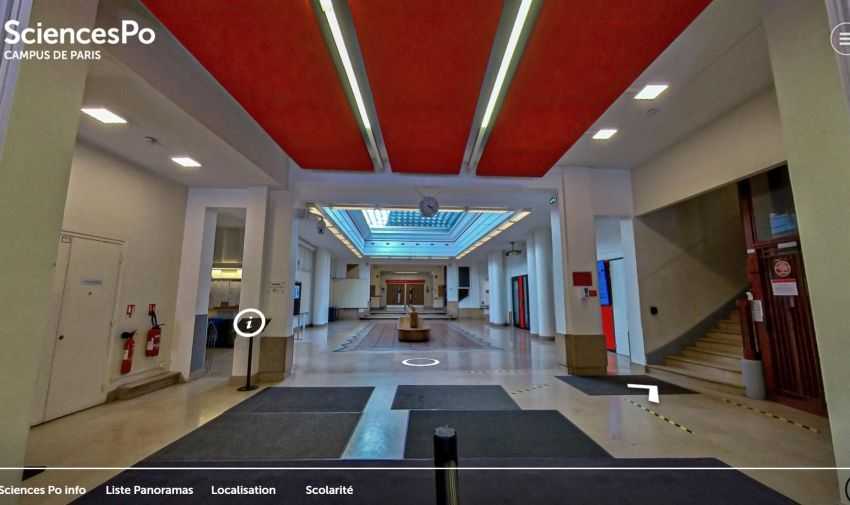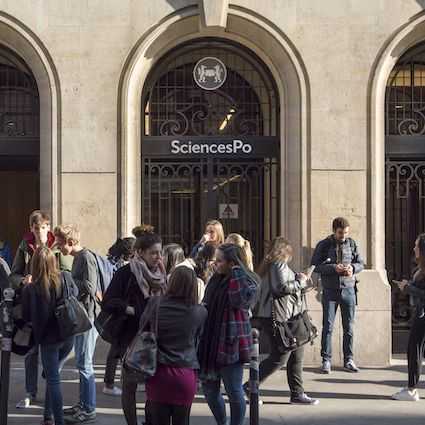
Home>Academics>Disciplines>Sociology
Sociology
Sociology at the Undergraduate College
The role of sociology is to make sense of “what is happening”; it gives meaning to the world and its transformations. Sociology also involves cultivating reflexivity: it helps us to understand our position in society and our interactions with others, and encourages us to question established assumptions and value judgements. It is also a discipline that provides methodological and technical skills that are useful in many professions.
In their sociology courses, students learn the fundamental principles of the discipline, its history, its debates and its modes of reasoning.
The courses taught at the Undergraduate College are led by Sciences Po's Sociology Department, which stands out for its thematic, theoretical and methodological diversity. The courses are regularly updated and based on the latest French and international research findings.
First-year core courses
In their first year, all students take a major sociology course. Through an introduction to the discipline's key themes and texts, this course trains students in sociological reasoning and perspective, in particular by:
- providing students with the means to think about the transformations of the contemporary world in a critical, independent and informed manner;
- identifying the main types of sociological approaches in their plurality;
- showing how this discipline combines empirical work and theoretical analysis;
- reflecting on the methodological challenges of the discipline, through theory and research practice.
In addition, first-year students take a course in quantitative methods, which aims to familiarise them with reading numerical and graphical results, data analysis and the practice of statistics in the social sciences.
Deepen your understanding of sociology through the major
In the second year, students who wish to pursue more advanced studies in sociology can choose the Sociology major. Like all majors, it consists of two lecture courses (one of which includes methodology seminars) and methodology workshops on qualitative and quantitative research methods in sociology.
Second-year students are also invited to choose from a series of thematic seminars, taught in French, English or one of the other languages taught on campus, on topics such as inequality, risk, health, urban cities, the arts, etc.
Further studies: Master's degrees in Sociology at Sciences Po
After completing their Bachelor's degree, students can continue their studies at one of Sciences Po's eight graduate schools. The sociology courses taken during the first cycle provide students with the analytical tools they need to understand individual and collective behaviour, social transformations and the structures that organise contemporary societies.
Students wishing to deepen their understanding of this approach often turn to the School of Research, which offers courses focused on methodology, sociological theory and the analysis of social dynamics. Sociology also plays a central role in several other programmes, notably at the School of Public Affairs, the School of Management and Impact and the Urban School, where it sheds light on issues related to governance, work, cities and social policies.
These programmes allow students to further their reflection on contemporary societies while developing an interdisciplinary and empirical approach to economic, political and cultural issues.
Find out more about Sciences Po’s master’s programmes related to Sociology (FR).



